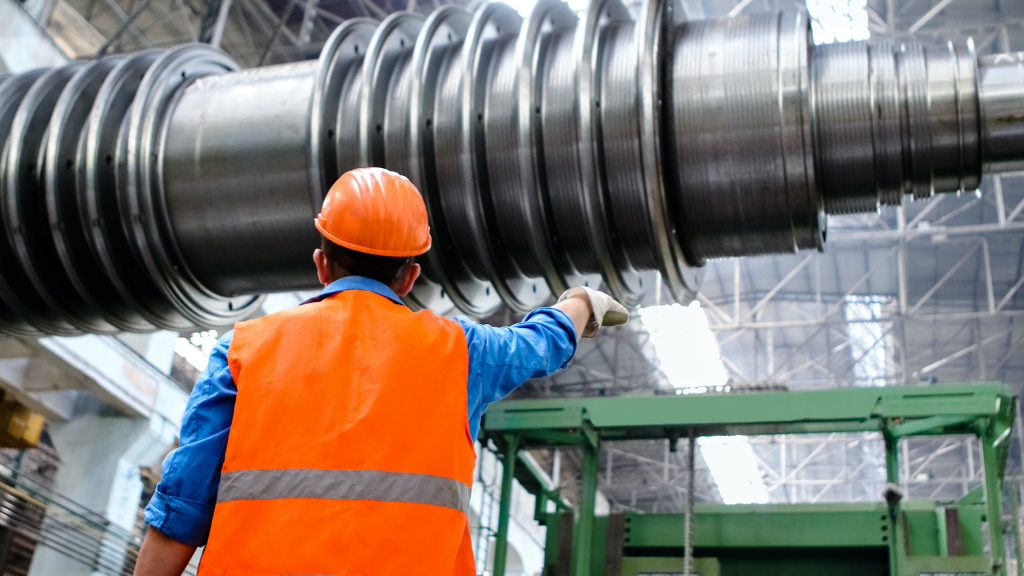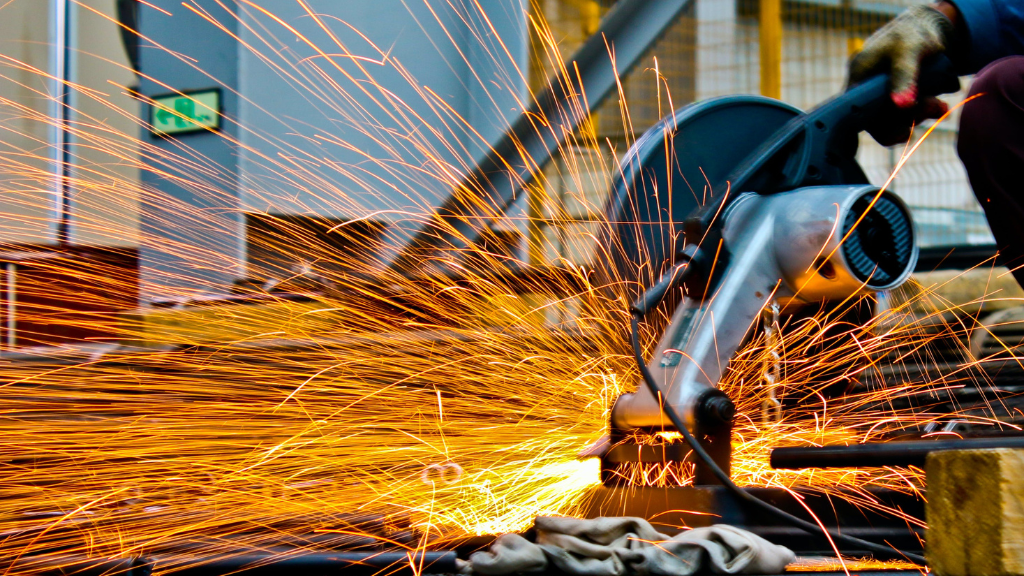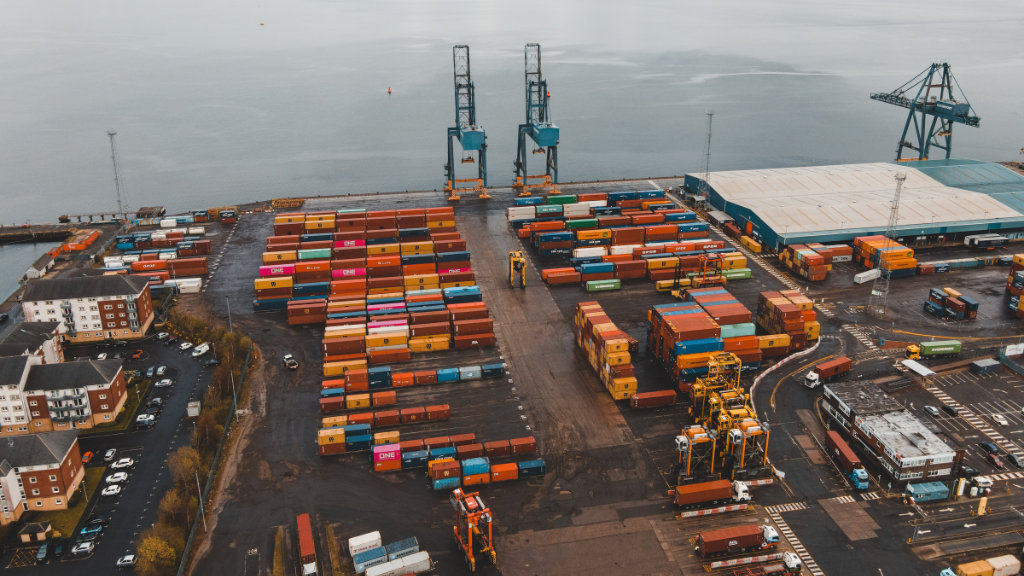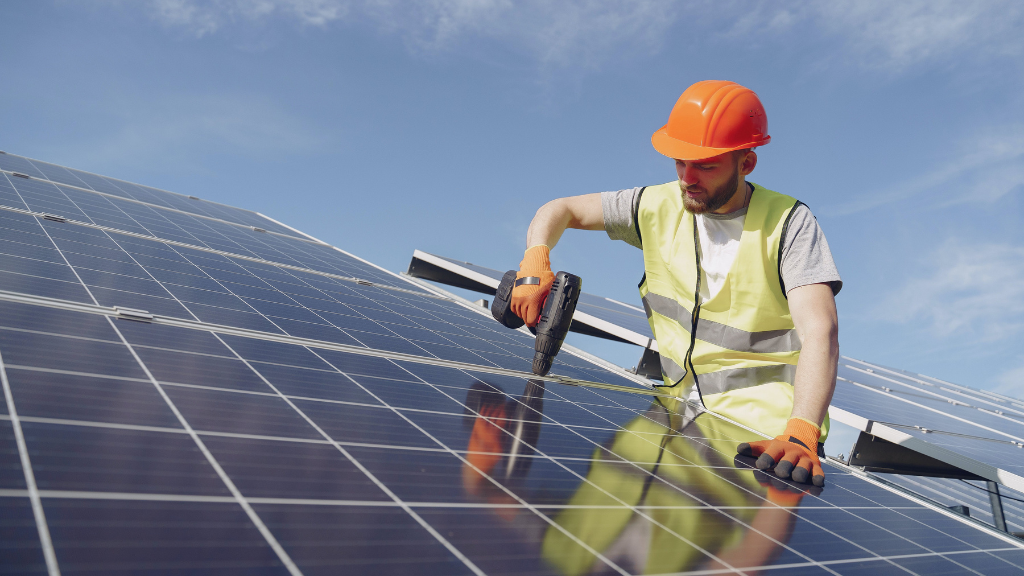Sustainability in production: the ecological responsibility of companies
Ecological responsibility concerns us all – more than ever in times of climate crisis. For consumers, the buzzword sustainability has gained drastically in importance in recent years. Quality seals and certifications are more popular than ever – after all, people want to know what ecological footprint their purchases leave behind and under what conditions their favorite products are manufactured.
In this article, we have summarized important aspects of sustainability in production and explain not only what constitutes an ecologically responsible production facility, but also why companies themselves can benefit from a switch to greater sustainability.

When is production considered sustainable?
Many customers today want companies to take more responsibility for climate protection. But how can you tell whether a production facility is fulfilling its environmental responsibility?
The first step is to define the objective. We speak of sustainable production when the manufacture of products conserves resources and at the same time maintains the regenerative capacity of the environment. Sounds simple, but it is a complex matter in which many aspects have to be taken into account. For us to really be able to talk about sustainability, we need to take a close look not only at the manufacturing process per se, but also at the framework conditions. This starts with product development, continues with the procurement of raw materials and their transportation and extends to recycling and waste management.

The path to greater sustainability in production
Anyone who wants to make their production more sustainable therefore has a lot to think about, as there are many things that can be done. Various concepts can be used as guidelines or general inspiration to minimize environmental impact in your own company and improve material and energy efficiency in the manufacturing process. The following is a small selection:
-
- Carbon footprint
To determine the carbon footprint of products in a first step and derive further steps from this, the carbon footprint is a common method worldwide. Contrary to its name, it does not only determine the carbon dioxide emissions of a product or company, but also those of other greenhouse gases such as methane, nitrogen trifluoride or nitrous oxide. Knowing these values helps to identify previously overlooked savings potential and thus establish fact-based sustainability management. In addition, the carbon footprint is an important value that is increasingly being requested by customers.
- Carbon footprint
-
- Circular economy
The circular economy describes a (production) model that reuses, repairs or recycles existing products and materials for as long as possible. This extends the life cycles of resources, minimizes waste and reduces greenhouse gas emissions.
- Circular economy
-
- Sustainable supply chain management
Production is only as sustainable as its supply chain. That is why sustainable supply chain management aims to analyze all stages of value creation in terms of economic, environmental and social aspects – from raw material extraction, production and sales through to disposal. The aim is to minimize the potentially negative effects of the industry on the environment in the long term and to promote the conscious use of resources.
- Sustainable supply chain management

Of course, there are many other strategies that can be consulted when switching to more sustainability in production. Depending on the size of the business, the type of production and the desired extent of the reorientation, it is advisable to consult experts for the concept development in order to set realistic goals and make the implementation efficient.
The advantages of sustainable production for companies
Although the impetus for greater sustainability often seems to come from consumers or politicians, companies themselves also benefit from a greater commitment in this area. What may initially sound like additional costs is actually an investment in the future – for the environment as well as for the company’s success.
Companies that are openly committed to values such as sustainability and ecological responsibility increase their attractiveness for qualified specialists. The younger generation in particular is increasingly looking for a meaningful workplace that actively takes measures to protect the environment. At the same time, you strengthen your own brand, create a competitive advantage over the competition and score points with customers with products that correspond to increasingly conscious consumer behavior. Last but not least, the improved efficiency of material and energy resources sometimes enables a considerable reduction in running costs.
How Rejlek invests in sustainable production
Sustainability is not just an empty slogan for us. Quality is our top priority, as it guarantees the longest possible service life for our products and thus promotes a more conscious use of resources. We also pay attention to lean production and try to keep stock levels low, process every piece of plastic and recycle superfluous material.
We are also actively working to achieve greater energy independence and are investing in photovoltaics for this purpose. The roofs of our industrial buildings in Vienna alone are now equipped with around 1,700 m² of solar panels, which cover around 10% of our electricity requirements with energy from renewable sources.

Another important sustainability feature is our Modelshop Vienna. By professionally developing detailed prototypes in advance, we can minimize the number of correction loops for customers and thus effectively save energy and materials.
Conclusion: sustainability in production is an investment in the future
Making your own production more sustainable and establishing a more conscious use of resources may be a big step that requires numerous further measures. Particularly at the beginning of this process, it therefore makes sense to invest sufficient time in analyses in order to obtain as accurate a picture as possible of the existing circumstances, from which the most sensible individual path to greater sustainability can then be derived. This investment not only makes consumers happy, but also strengthens your own brand and can even save costs in the long term.
Want more information on how Rejlek invests in sustainability? Follow us at Facebook, LinkedIn and Instagram – here you will always find the latest news from our company and never miss any of our exciting blog posts.



